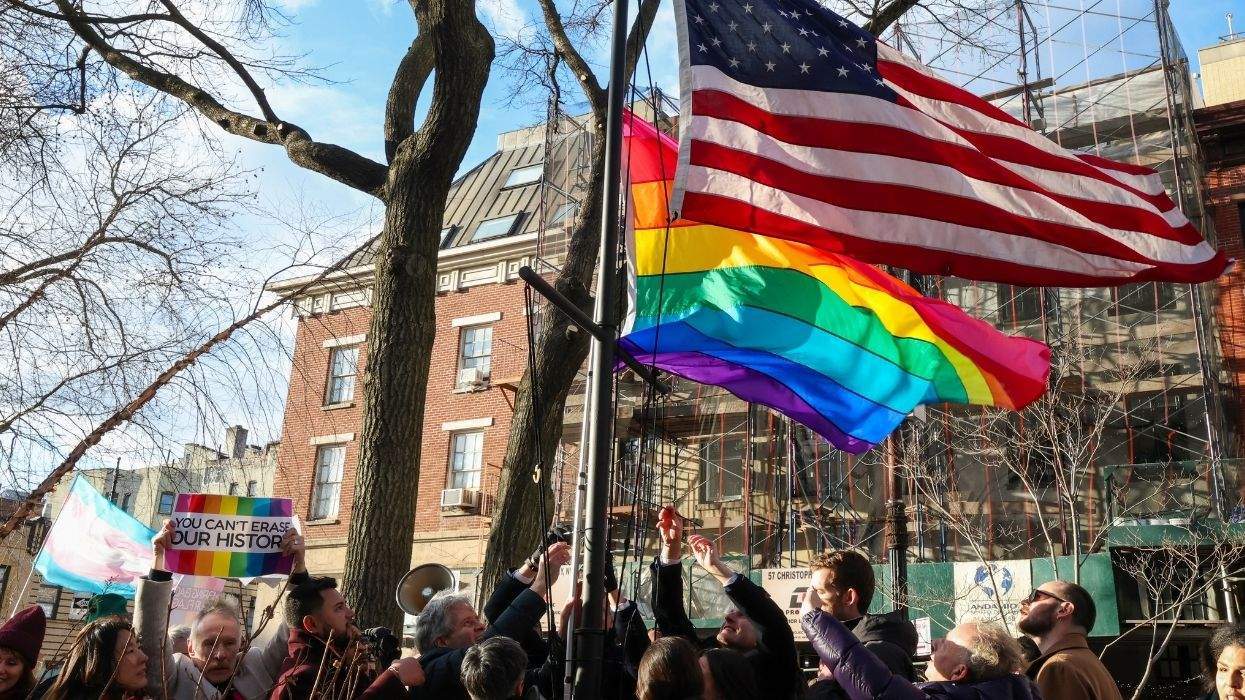Multiple universities in Ohio have announced that they will be closing their LGBTQ+ student centers to comply with a state ban on diversity, equity, and inclusion initiatives.
Keep up with the latest in LGBTQ+ news and politics. Sign up for The Advocate's email newsletter.
Senate Bill 1, which is set to go into effect on June 27, doesn't just impose a sweeping DEI ban on state universities, but also restricts their ability to "endorse or oppose, as an institution, any controversial belief or policy, except on matters that directly impact the institution's funding or mission of discovery, improvement, and dissemination of knowledge."
Related: What is DEI, what does it mean, and why are companies really getting rid of it?
As a result, several colleges have shuttered their LGBTQ+ centers and related services. Ohio State University has so far closed two DEI offices, cut 16 staff positions, and took down its website offering support to LGBTQ+ students. The link is now deactivated, though the Internet Archive shows the page was active as recently as May 25, as reported by Signal Ohio. The University of Toledo has also discontinued nine undergraduate majors in response to the bill, according to the Akron Beacon Journal.
Meanwhile, Kent State University announced that it would be shutting down "several identity-based centers," such as its LGBTQ+ Center, Women’s Center, and Student Multicultural Center. KSU is also ending its LGBTQ+ Living-Learning Community, which allowed queer students to live together, while stating "all other university academically based Living-Learning Communities will continue within our residence hall system."
"We understand these centers and the Living-Learning Community have been powerful sources of connection, support and growth, and we acknowledge the emotional and personal impact this change may have on many members of our community," wrote Eboni Pringle, KSU's senior vice president for student life.
Related: Iowa State students hold 'funeral' for LGBTQ+ center shut down by anti-DEI bill
The ACLU of Ohio has maintained that the law violates students' and universities' freedom of speech, with Policy Director Jocelyn Rosnick saying in a statement that "as students nationwide witness the ongoing assaults against their First Amendment rights, it is disheartening to see Ohio’s own legislators follow suit in this dangerous pattern of stifling political discourse."
"By dismantling DEI structures, Senate Bill 1 sends a clear, harmful message to students that their unique backgrounds, experiences, and perspectives are not welcome in Ohio," Rosnick said. "Further, the exceedingly vague and contradictory language regarding the banning of so-called 'controversial beliefs or policies' creates a slippery slope for faculty and administration. This could lead to faculty avoiding any such topics in classrooms for fear of retaliation."
"Institutions of higher education must remain places where academic freedom and diversity can foster – not be censored," she said.
















